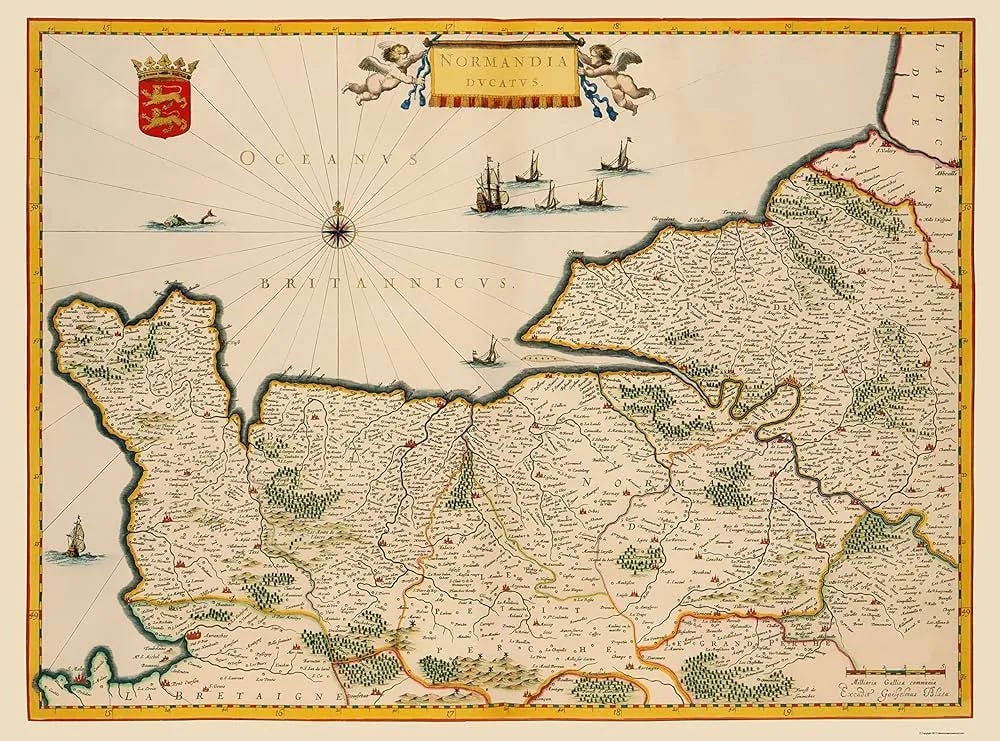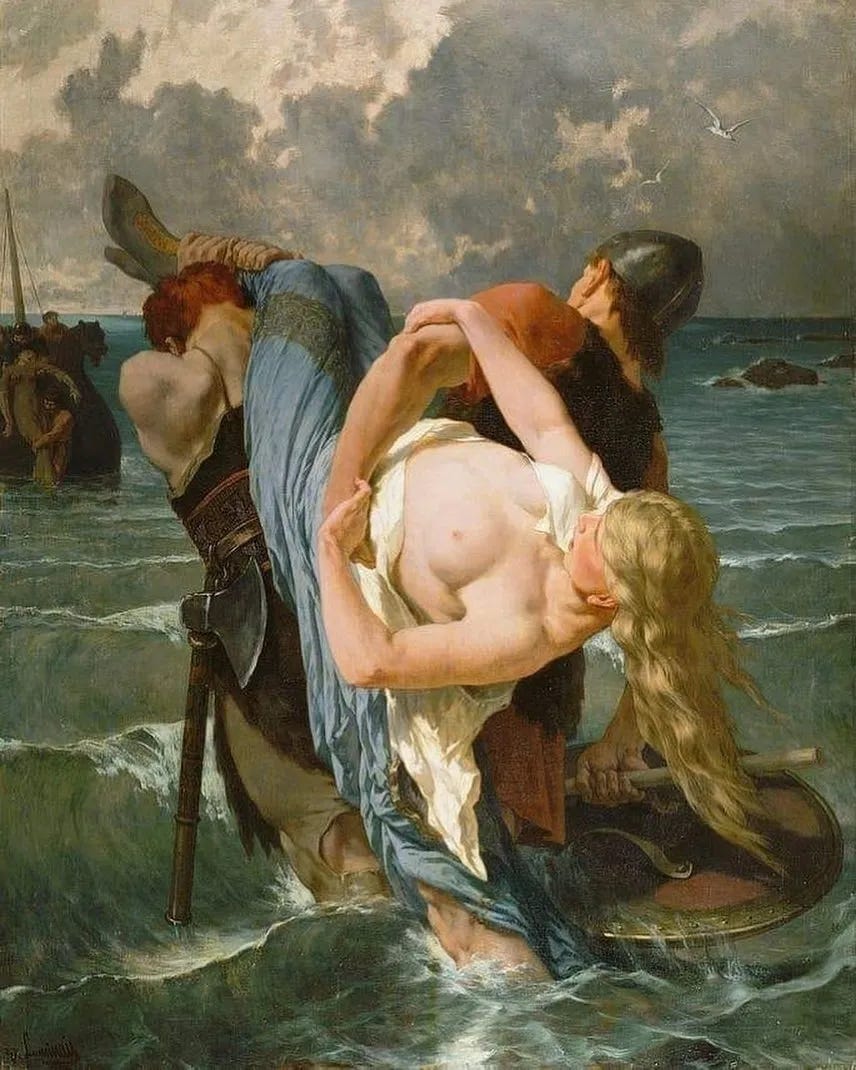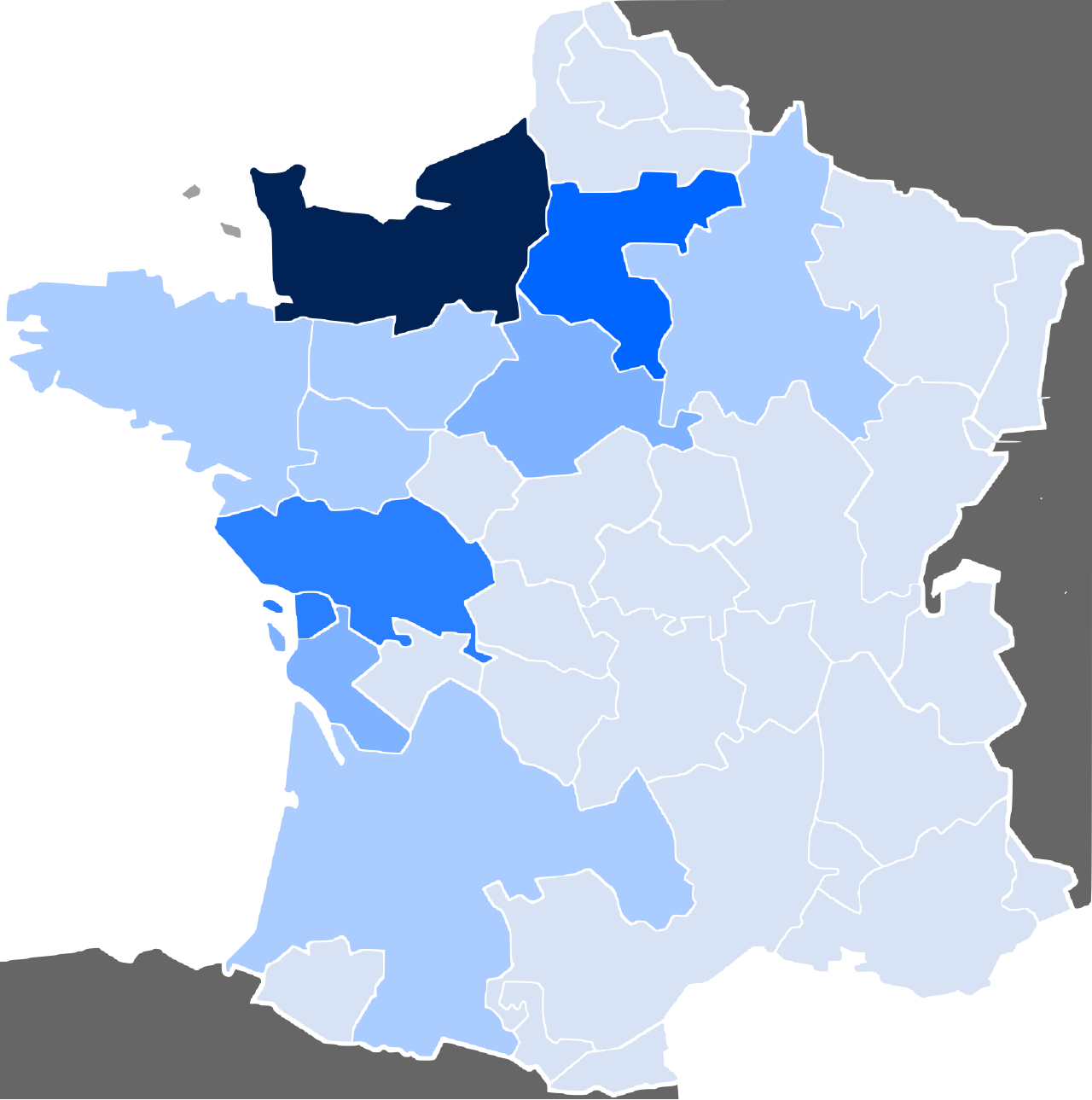The province of Quebec is well known for being the last vestige of French America and the only truly successful colony of the France. While Acadia was rendered insignificant, and Louisiana's Cajuns, though resilient, were fully assimilated, Quebec has so far stood triumphant in ensuring the survival of its people.
Today, Quebec receives a staggering 13 million tourists annually, which is more than its entire population. Quebec City is the oldest European settlement in Canada, and the second oldest in all of North America. Quebec’s largest city, Montreal, is the third oldest. While much time and effort have gone into studying the ethnic origins of Anglo-Americans (and Albion’s Seed by David Hackett Fischer is one of the most incredible books of our time, tracking the actual places from the British Isles where specific settler groups came from), the origins of the Quebecois are obscured in mystery. Today they make up almost a quarter of the entire ethnic Canadian population. As the Quebecois will proudly say, there is no Canada without Quebec.
This group’s fight for survival against the frontier, the Indigenous tribes, and sometimes their Anglo-Saxon neighbours, has progressed for four and a half centuries. Who are these people? Where do they come from?
Ancient Blood
An unexplored aspect of Quebecois heritage are its roots in Northwestern France, particularly in Normandy—a region famously settled by Vikings who cynically and opportunistically converted to Christianity while slowly adopting French culture. The first Duke of Normandy, Rollo (born Hrólfr, an Ásatrúar pagan Norseman), enforced the king’s law and provided military service against other Vikings in exchange for land, with infamous ruthlessness. The Duchy of Normandy was granted to him by King Charles the Simple in 911 AD through the Treaty of Saint-Clair-sur-Epte.
Despite converting to Christianity, the Normans continued to exert a significant influence across Europe. Four generations after the duchy’s founding by Rollo, they were deeply involved in the politics and wars of other Germanic nations, including England, the Netherlands, and Scandinavia, often calling upon Viking mercenaries, many of them still pagan, to solidify their power against enemies in mainland France. The Normans would conquer the Kingdom of England, found the Kingdom of Sicily, serve as mercenaries for the Byzantine Varangian Guard, and carve out the Principality of Antioch in the holy land of Jerusalem after the First Crusade.
What’s fascinating is that taking a deep dive into the top 30 most common last names in Quebec, approximately 17 have origins specifically tied to Normandy. This is 56.67%, or more than half. Here are the surnames of Norman origins:
1. Gagnon
2. Bouchard
3. Gauthier
4. Morin
5. Fortin
6. Gagné
7. Ouellet
8. Lévesque
9. Leblanc
10. Girard
11. Boucher
12. Cloutier
13. Richard
14. Beaulieu
15. Dufresne
16. Martel
17. Léger
Another interesting detail is that a not-insignificant number of Huguenots (Protestants) settled in Quebec following the revocation of the Edict of Nantes in 1685, which led to persecution of Protestants at home and abroad. While most Huguenots settled in other places, some settled in New France and assimilated into the Catholic population. The vast majority of these Huguenots, came from The Pays de Caux, or Upper Normandy. This area forms a triangle between the port cities of Rouen, Dieppe, and Le Havre. The Pays de Caux was notable for having one of the largest concentrations of rural Protestants in Northern France.
Positioned along the English channel, this area was a Viking stronghold. It’s also associated with the Norman Conquest of England in 1066, led by William the Conqueror, great-great-grandson of Rollo.
Keep reading with a 7-day free trial
Subscribe to Fortissax is Typing to keep reading this post and get 7 days of free access to the full post archives.






